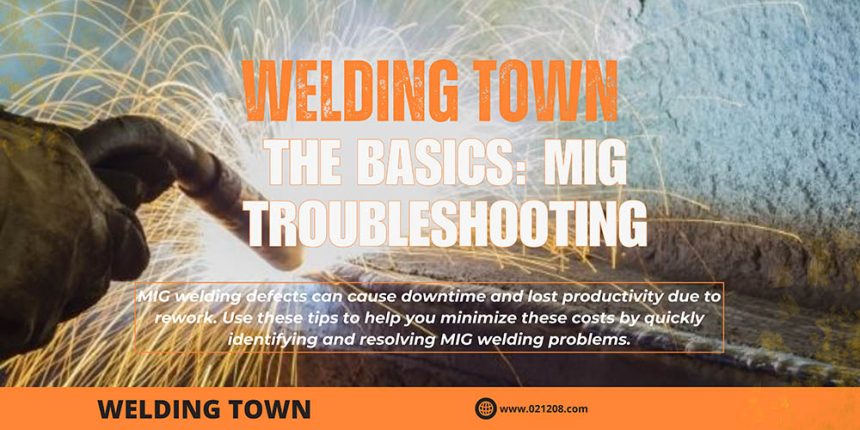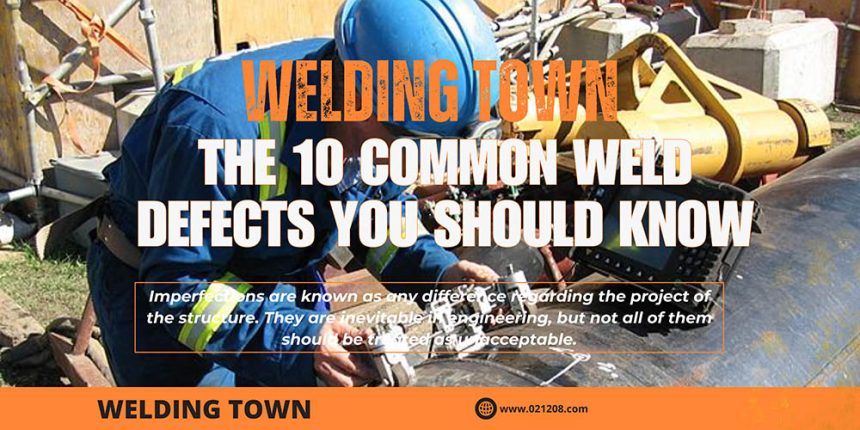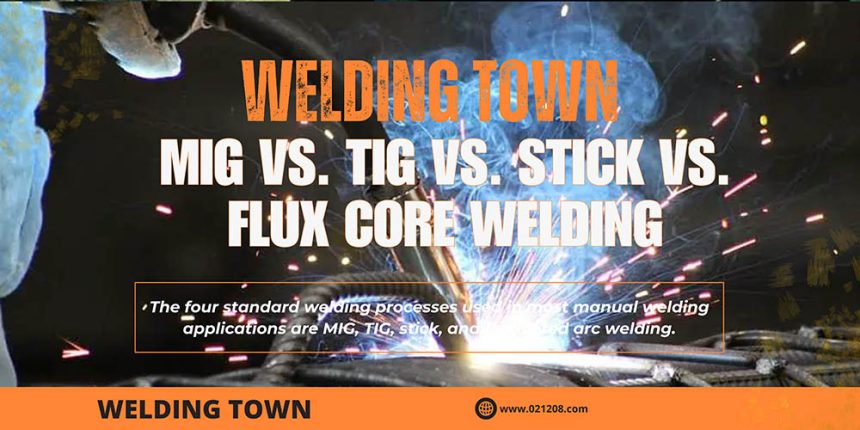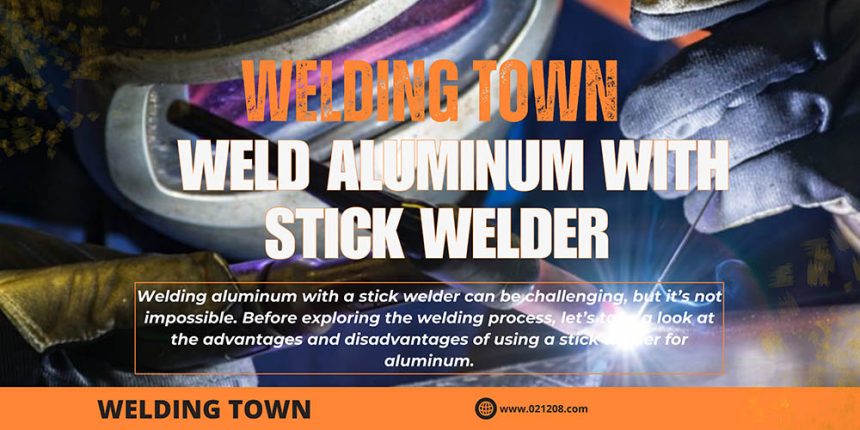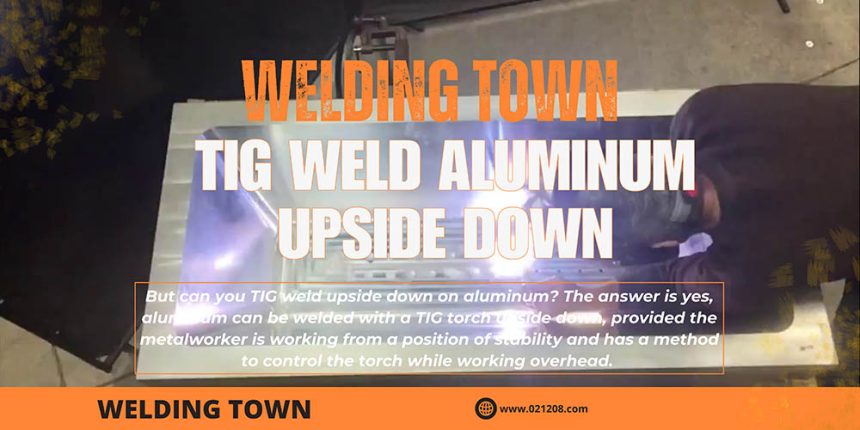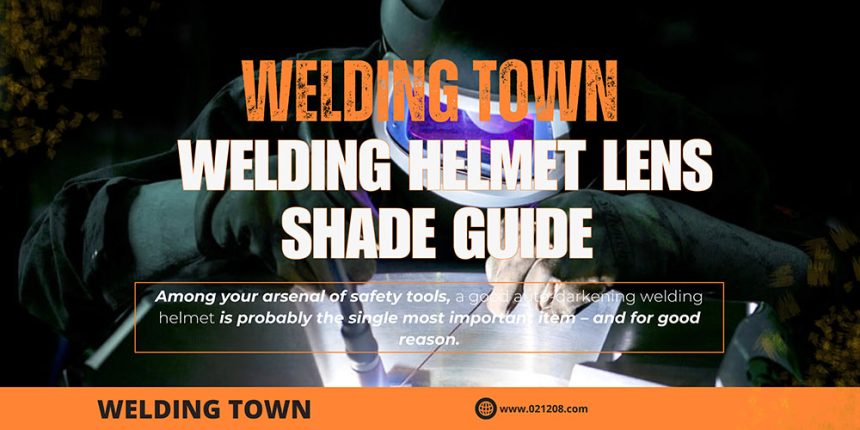7 Tips for Improving MIG Welding
Want to improve your MIG welding? By following these seven tips, you can take your MIG welding operation to the next level and ensure you are as safe, efficient and…
10 Mistakes in Running a Welding Operation and How to Fix Them
With so many factors to monitor — equipment, weld procedures, filler metals and MIG gun consumables — it’s inevitable that mistakes will occur in most welding operations on any given day. Human…
The Basics: MIG Troubleshooting
Like any welding process, MIG welding has its complications. Even so, there is no reason to let common problems slow you down. With a bit of knowledge and some solid…
The 10 Common Weld Defects You Should Know
Engineering has always recognized the existence of imperfections and working with tolerances. Tolerance is the term that defines the degree of acceptance before imperfection. Thus, any tolerance should only be defined for a…
9 Common Welding Problems and How to Fix Them
Welding is an important part of the metal fabrication process. However, there are many different issues that can arise from welding. Without proper technique, there are many different problems that…
How to Weld Exhaust Pipe with Stick ,Flux , MIG and TIG Welding
It is typical for an automobile’s exhaust pipe to require minor repairs after a time. Currently, there’s no need to visit the garage to weld the pipe. Welding exhaust tubes…
5 Advantages and Disadvantages of TIG Welding
TIG welding, or Tungsten Inert Gas welding, is a popular welding technique known for its precision and high-quality welds. In this article, we will explore the advantages and disadvantages of…
A Step-by-Step Guide for Weld Aluminum with a Stick Welder
Welding is an important skill that can be used to create strong joints between two metal surfaces. While it’s possible to weld many metals with a stick welder, one metal…
Can You TIG Weld Aluminum Upside Down?
TIG welding is a versatile form of metalworking and can be applied to a wide array of different metal types, including exotic metals, but it is most well-known for being…
How to Set Your MIG Welding Helmet Shading
Comfortably protecting yourself should come first in any industry. This is especially true within the business of welding, where your eyes can be exposed to different types of harmful contaminants.…








